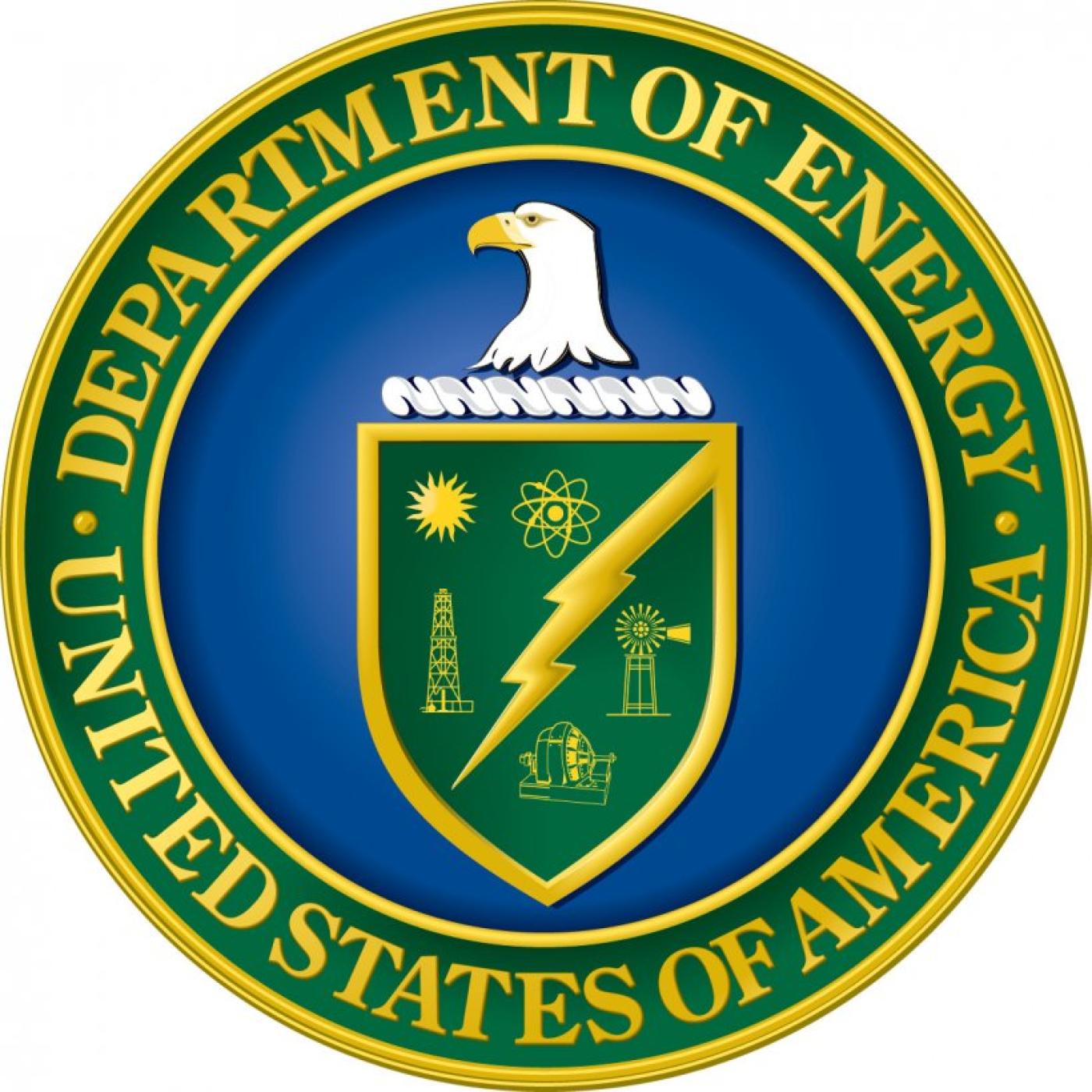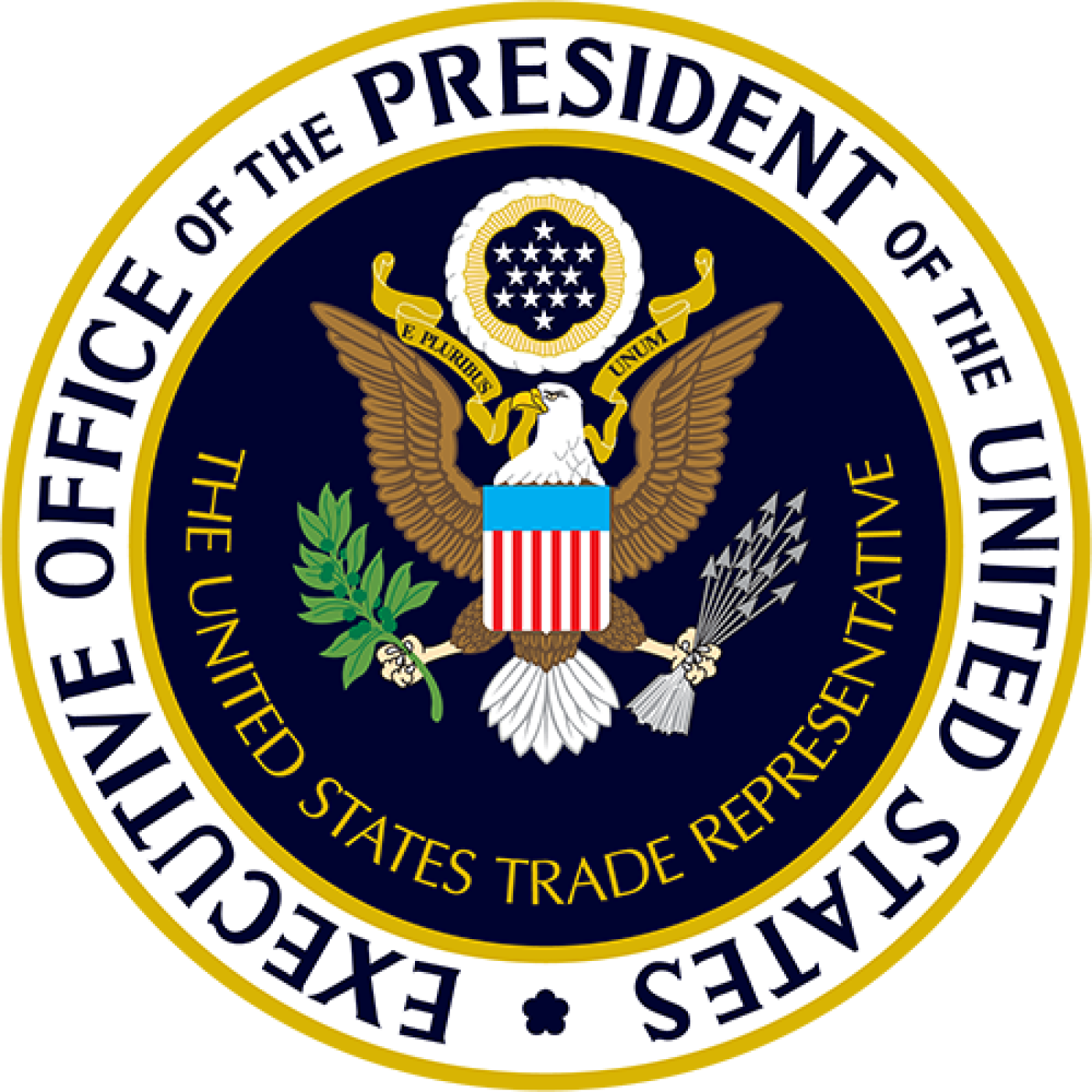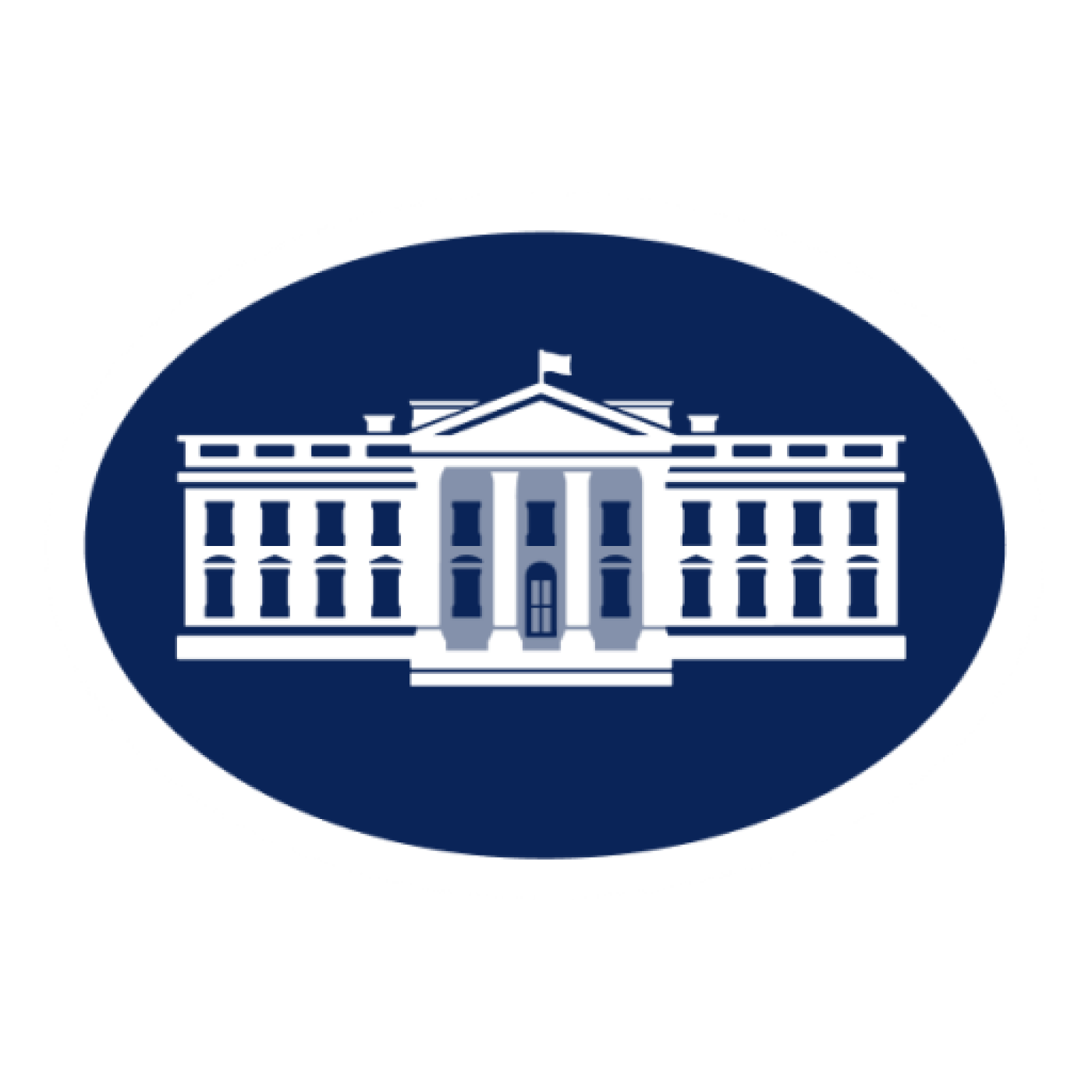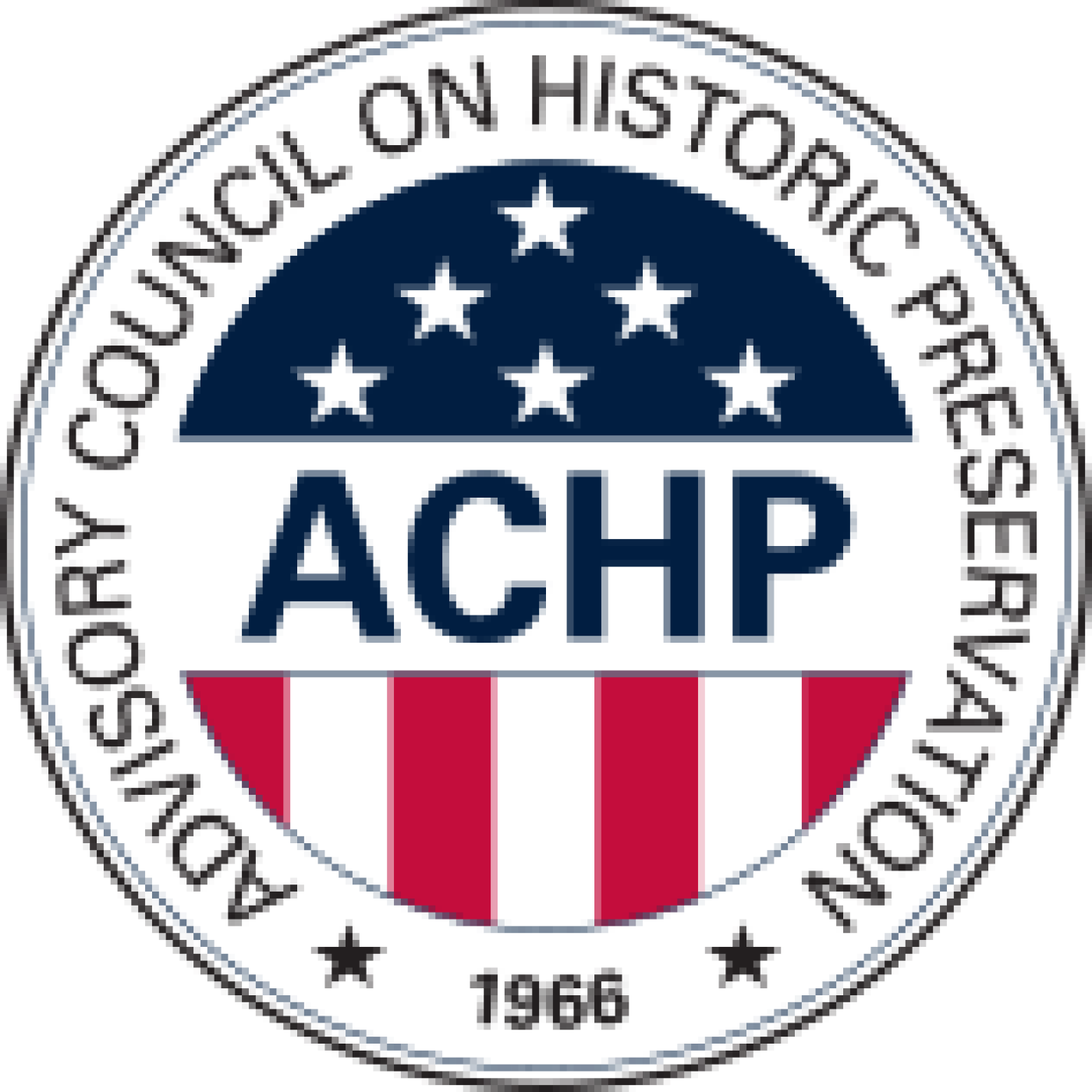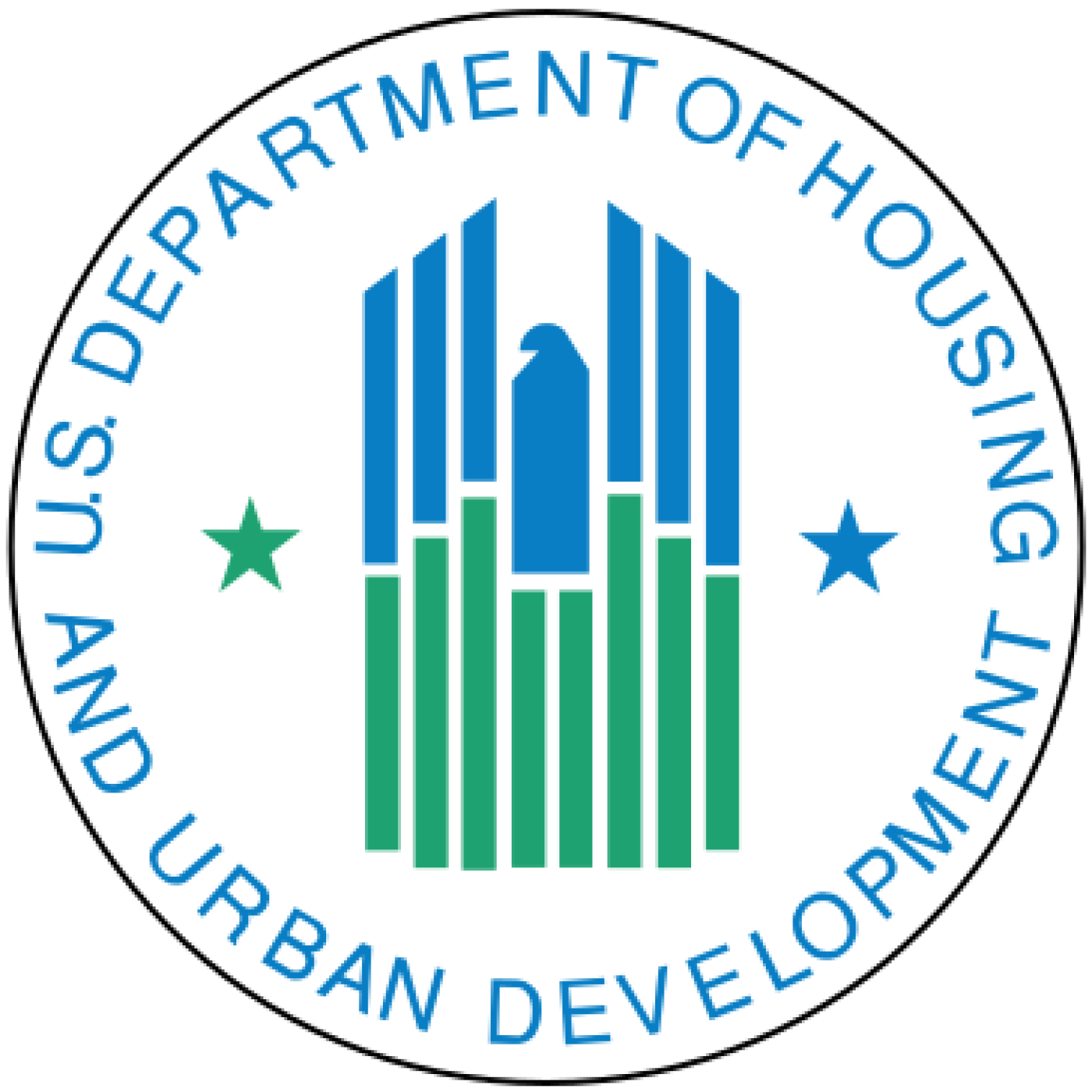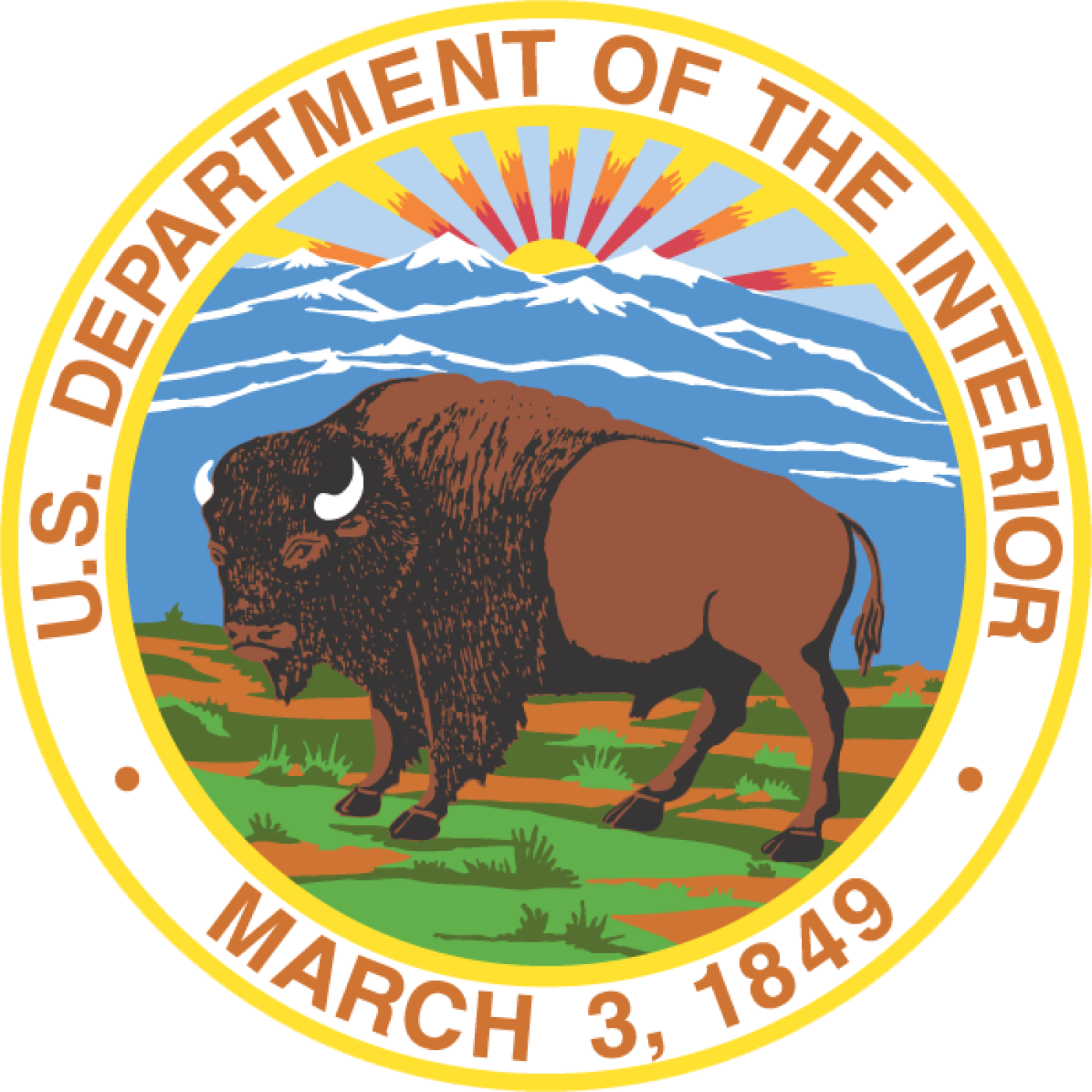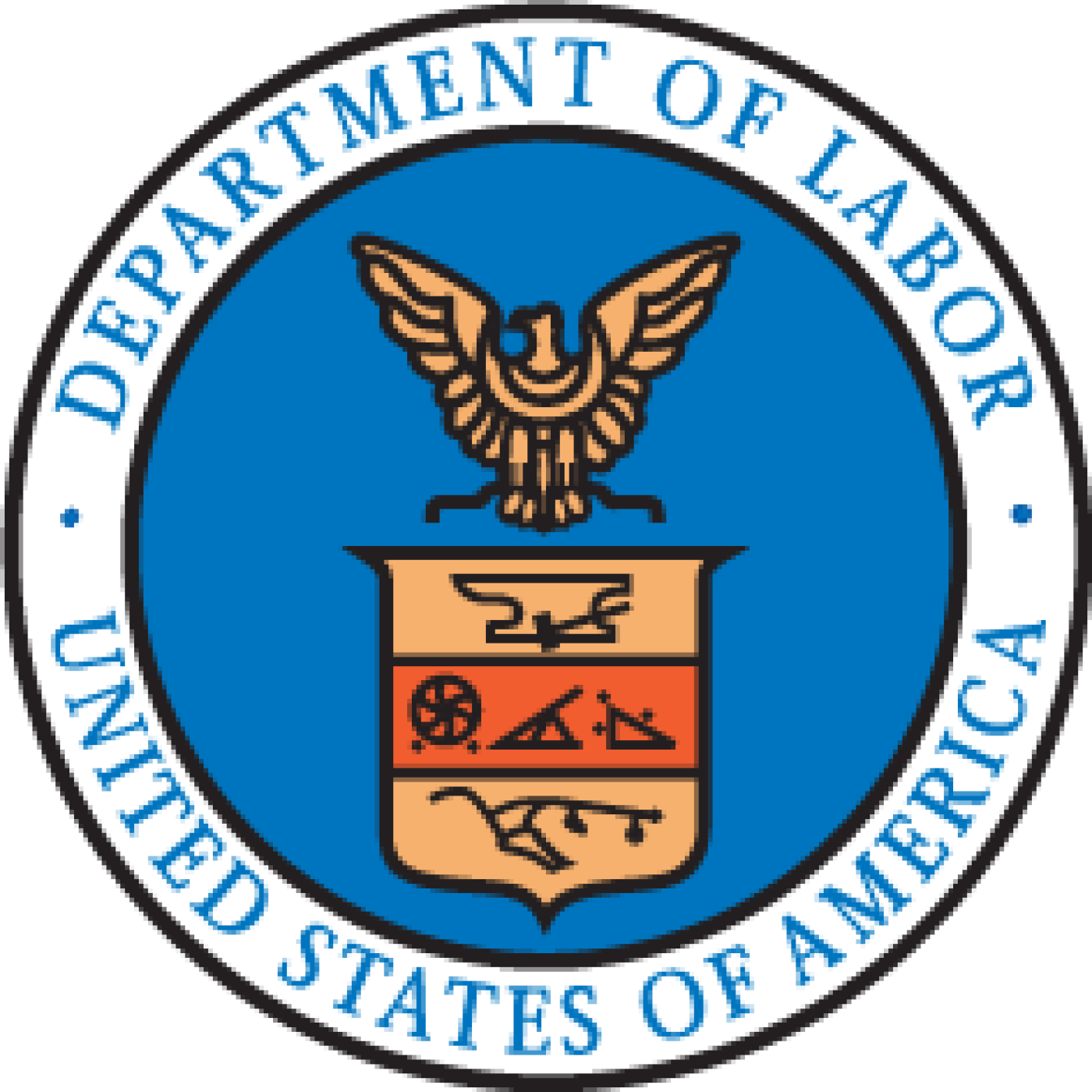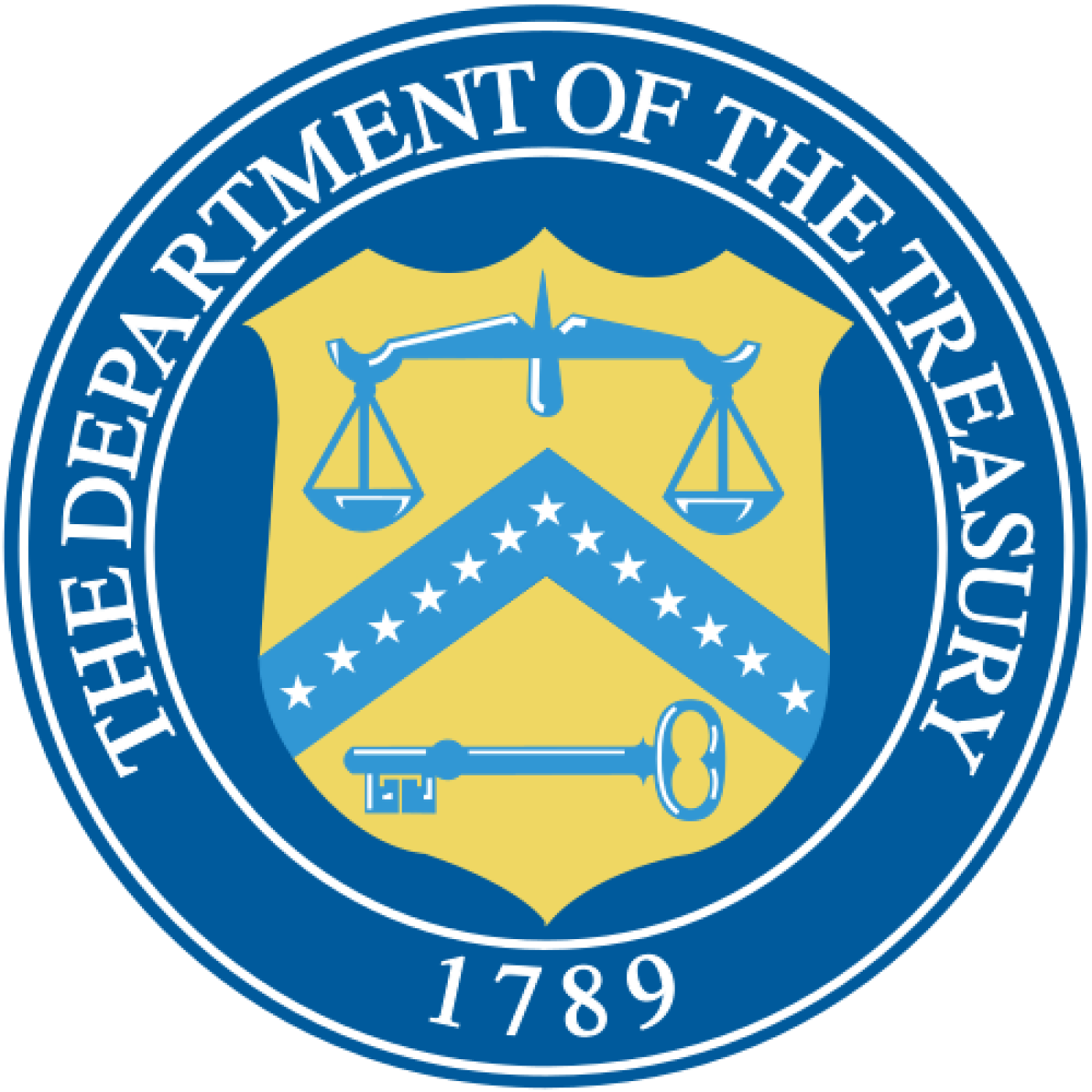The Economic Development, Energy, and Infrastructure Committee facilitates the broad development, implementation, and coordination of Federal policies that support Tribal Nations and uphold the federal trust responsibility, including:
EO 14153: Unleashing Alaska's Extraordinary Resource Potential
EO 14154: Unleashing American Energy
Who We Serve
The White House Council on Native American Affair (WHCNAA) Committee on Economic Development, Energy, and Infrastructure serves Tribes and Tribal communities by strengthening and developing federal programs and policies that support prosperous and resilient Tribal communities.
New Initiatives
Access to Capital
National Tribal Critical Minerals Initiative
Electric Vehicles
Committee Members
Leads
-
TBD
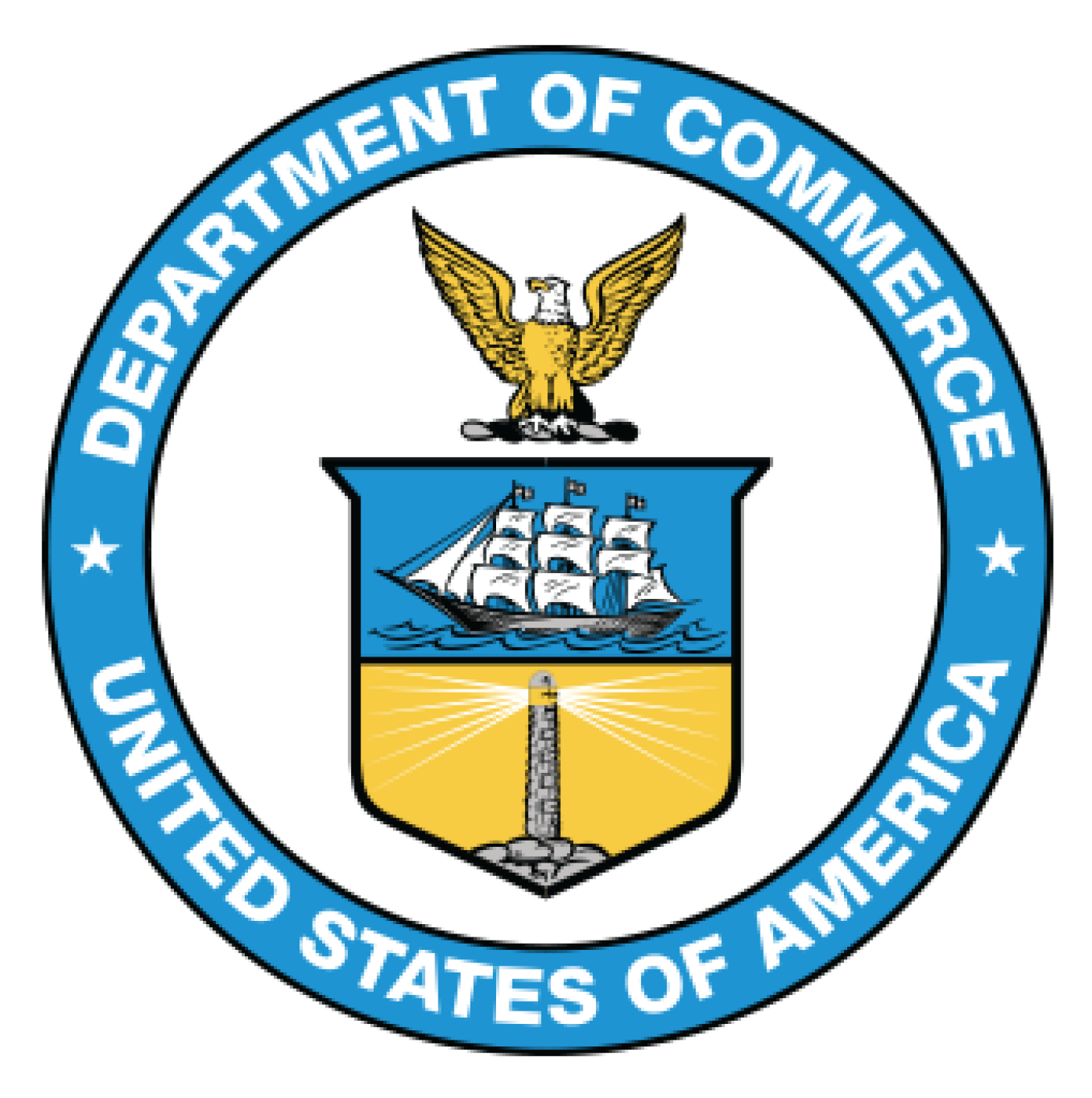
Director of Native American Business Development
-
Diane L. Cullo
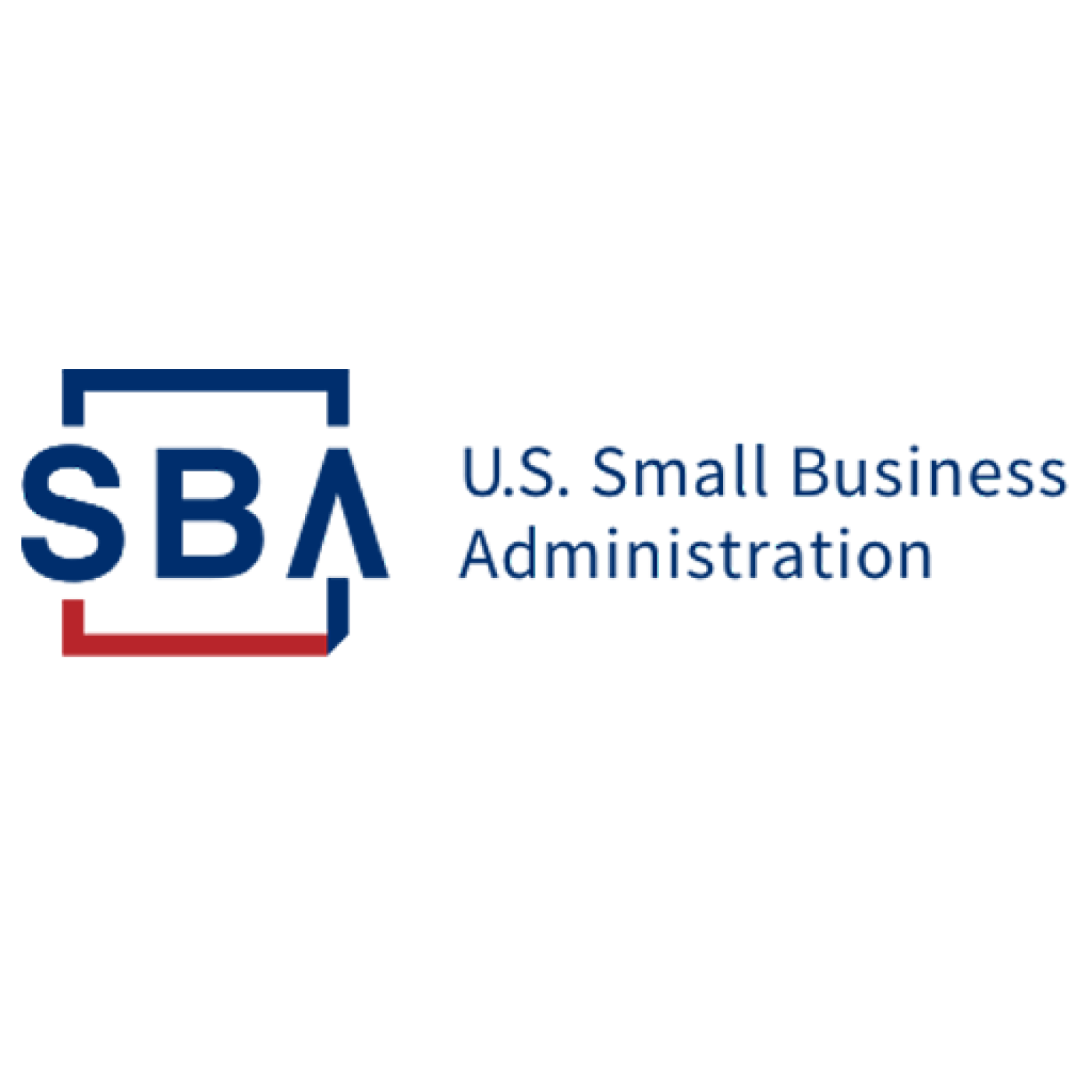
Assistant Administrator
Participants
Services We Provide
Top
About the WHCNAA Committee on Economic Development, Energy and Infrastructure
The White House Council on Native American Affairs (WHCNAA) Committee on Economic Development, Energy, and Infrastructure promotes strong Tribal economies and businesses, green/renewable energy development, and robust infrastructure, including housing, for Tribes. Co-led by the Department of Energy (DOE), the Department of Transportation (DOT), the Department of Commerce (DOC), the Small Business Administration (SBA), and the White House - Office of Intergovernmental Affairs, the Committee is currently focusing on:
- Supporting Tribes undergoing transitions to renewable energy
- Coordinating across federal agencies to address wide-ranging aspects of improving infrastructure in Indian Country
- Increasing the number of Native American contractors in the federal contracting sphere
- Developing new tools to assist Native American businesses and contractors, including resources aimed at workforce development and improving technical capacity for Tribes
- Increasing broadband connectivity or Tribes and Tribal communities.
- Expanding Tribal housing and community development resources to assist Tribes in meeting local community needs.
- Developing a national Tribal Critical Minerals Initiative to improve Tribal consultation and engagement on issues related to the domestic critical minerals supply chain.

